Iran can enrich uranium at any level: AEOI official
A senior official at Iran’s nuclear organization (AEOI) says the country is capable of enriching uranium up to whatever level of purity, and would do so if required to.
“Right now, if the [country’s] establishment deems necessary, the Atomic Energy Organization [of Iran] will, in its capacity as the executor, have the capability to enrich uranium at whatever percentage of purity,” said Ali Asghar Zare’an, a special assistant to Ali Akbar Salehi, the head of the AEOI.
“Currently, the nuclear industry is one of the constituents of the Islamic country’s power and authority,” he added.
Zare’an made the comments while receiving some officials with Iran’s Islamic Revolution Guards Corps (IRGC) at the Fordow enrichment facility near the central city of Qom on Wednesday. The remarks were reported, however, only on Saturday.
In May 2018, Iran began a set of nuclear countermeasures in retaliation for the United States’ departure from a historic 2015 nuclear accord between the Islamic Republic and major world powers. The measures were also taken in return for the US’s restoration of its nuclear-related bans against Iran, and failure by Britain, France, and Germany -- the European signatories to the deal -- to retain their business interactions with Iran despite the sanctions.
As part of the retaliatory steps, Iran stopped recognizing the limits set by the deal --- officially known as the Joint Comprehensive Plan of Action (JCPOA) -- on the level of its enrichment activities and the volume of its heavy water reservoir.
On January 5, the country said it would no longer observe any operational limitations on its nuclear industry, whether concerning the capacity and level of uranium enrichment, the volume of stockpiled uranium or research and development. The decision came two days after a set of US drone strikes assassinated senior Iranian commander and the most revered anti-terror military figure in the Middle East, Lieutenant General Qassem Soleimani, in Baghdad.
Zare’an detailed the most recent level of advancement attained by the country’s nuclear industry since the initiation of the countermeasures in order to refute erroneous data circulated by some media outlets.
After taking the fifth retaliatory step, the volume of the uranium produced by the country exceeded the 1,200-kilogram threshold, he said, adding, “The volume of the enriched uranium stockpile is being increased at full speed.”
After the conclusion of the nuclear deal, Iran reduced the number of its centrifuges to 6,104, he said. At Fordow, however, as many as 1,044 centrifuges are currently producing uranium, the official added, noting that the country was now producing 10 kilograms of uranium each day at under-five-percent purity level.
The country has indigenized all the components of nuclear fuel production cycle, namely exploration, processing, enrichment, designing, and manufacturing of various types of fuel production facilities, Zare’an noted.
He hoped that the march towards self-sufficiency in the nuclear industry would, in near future, lead to indigenization of operations at the Bushehr Nuclear Power Plant in southern Iran and the heavy water production process.
The official underlined the importance of centrifuges to the fuel production process. He announced that the country was in the process of devising IR-9 generation centrifuges, whose output would stand at 50 SWUs (separative work units) -- the standard measure of work required to separate uranium isotopes. The output of the IR-8 centrifuges, which the country currently has in service, reaches 24 SWUs.
“One of the reasons behind the [international] hegemonic system’s outrage [at the advancement of Iran’s nuclear energy industry] is … that it sets other strategic industries in motion,” Zare’an said.
He said the country was now injecting gas into its IR-4 and IR-2m generation centrifuges to have them produce uranium.
The official also touched upon underway work aimed at completion of the Bushehr facility’s phase 2 and 3, whose operationalization would enable production of more than 22 billion kilowatt-hours of electricity.
If connected to the national grid, the dual stages together with the part of the facility, which has already been operationalized, would prevent the release of 21 million tons of contaminants into the air across the country, he said.
Tehran rejects Trump’s riot death toll, demands proof
VIDEO | Police battle opposition protesters in Albanian capital
Israeli expansion across West Asia would be ‘fine’: US envoy
VIDEO | UK court frees remaining jailed members of Palestine Action
VIDEO | Former prince Andrew arrested by British police
VIDEO | Backlash mounts as Pakistan joins US-led Gaza ‘Board of Peace’
Saudi-Greece fiber optic project to pass through Syria instead of occupied territories: Report
Israel steps up bloodshed in Lebanon


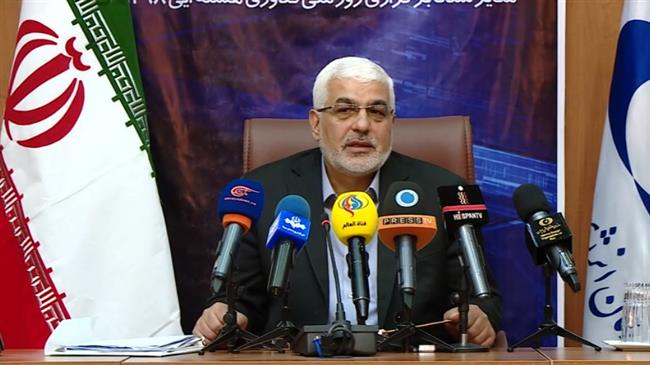


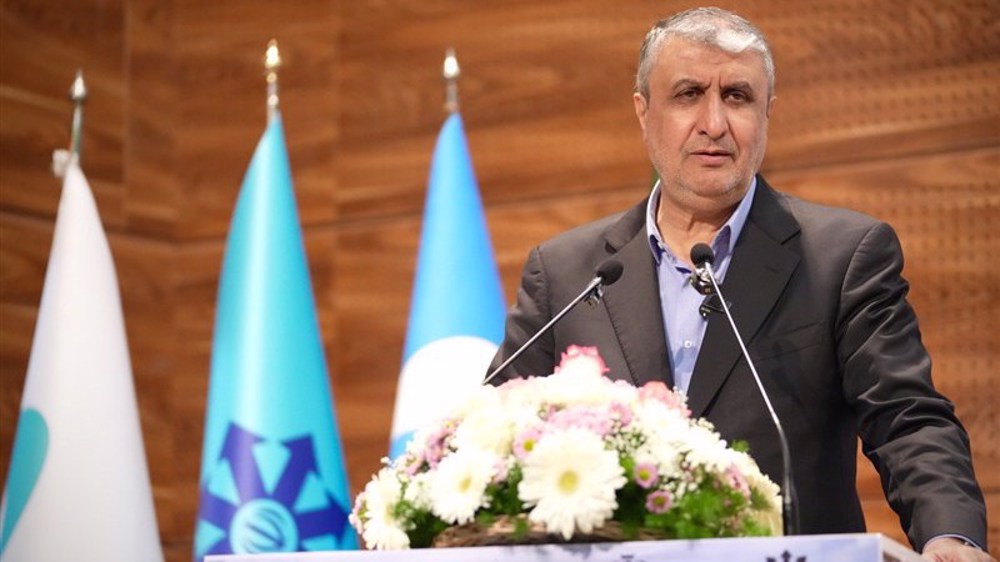
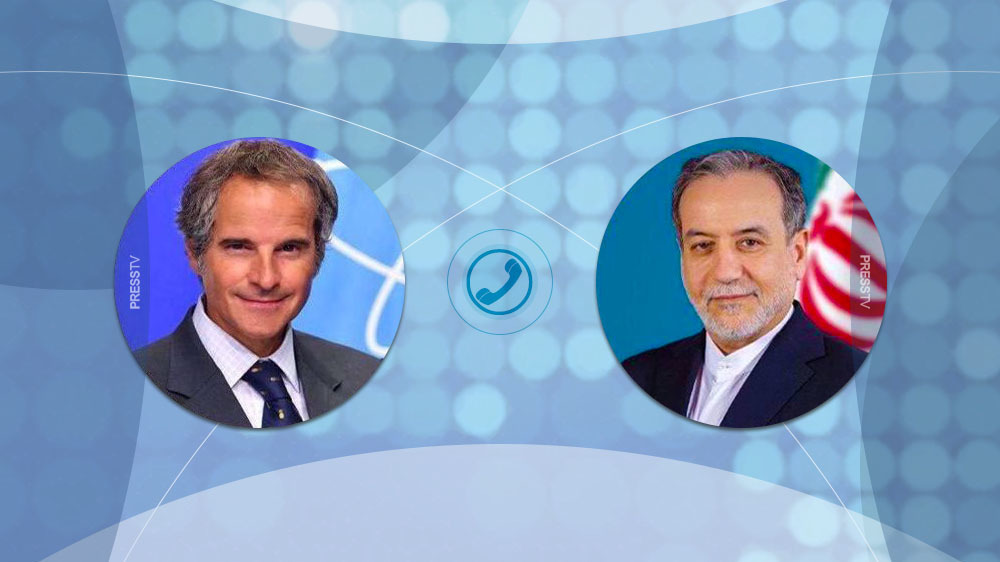
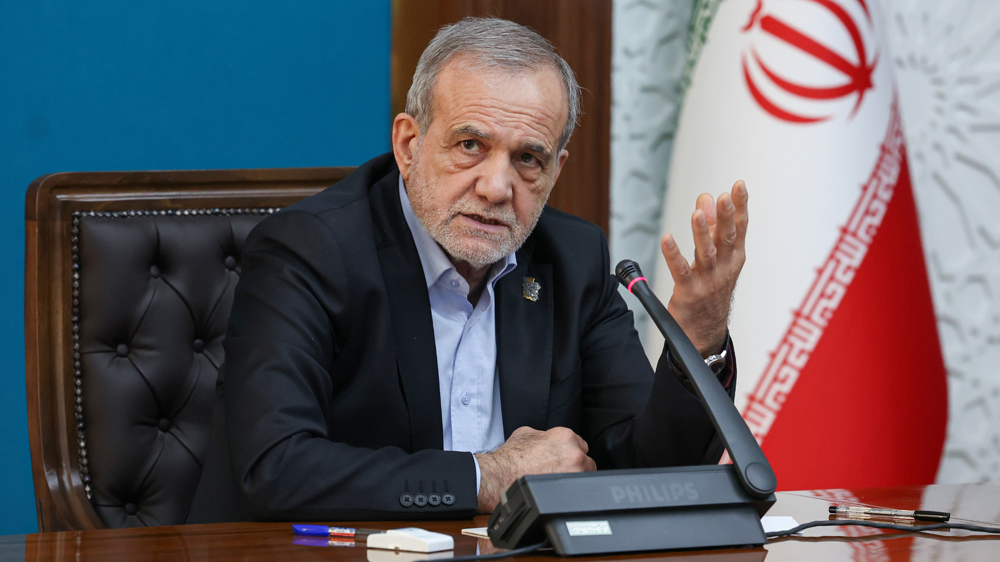




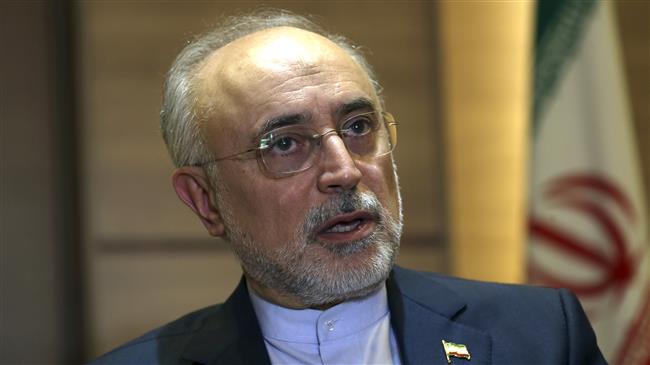
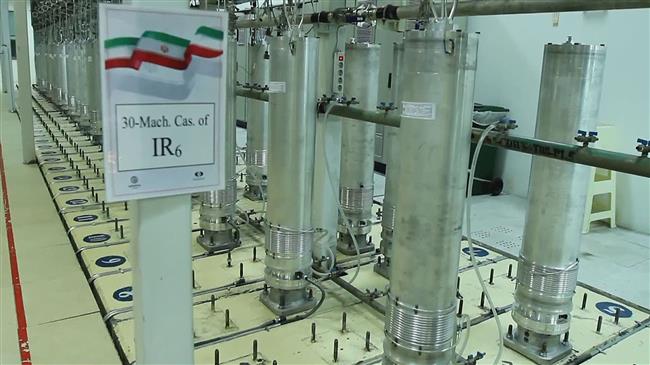

 This makes it easy to access the Press TV website
This makes it easy to access the Press TV website